Despite claims that readers would turn away from post-apocalyptic fiction during the early months of the Covid-19 pandemic, the genre has continued to thrive. The popularity of post-apocalyptic narratives raises questions about why people are fascinated by fictional narratives of doom in times of trouble, and whether it is a form of escapism or a desire to come to terms with an unpredictable, dangerous world. The current climate crisis has made it difficult to imagine that our familiar world will continue, and the universal relevance of apocalypse creates the conditions for two antithetical forms of cultural engagement: utopian impulse and fantasy-as-wish-fulfillment, writes Florian Mussgnug.
With daily news of war, atrocity, earthquakes, cyclones, and record-breaking temperatures, who needs fictional narratives of apocalypse? During the early months of the Covid-19 pandemic, a version of this question enjoyed unexpected popularity. Cultural pundits claimed that readers were fed up with dystopia and post-apocalypse and predicted that speculative fiction would go out of fashion for at least a decade. Lockdown and fear, so the argument went, left people craving for stability and familiarity. Experiences of loss and feelings of disorientation were too widespread and, for many, too raw to find expression in genre literature. Instead of fantasising about zombies, it was said, readers would turn their attention to the intimate details of everyday life, or engage with the great classics, from Middlemarch to War and Peace. Surely, the last thing that anybody needed, in the midst of a global pandemic, were fantastical versions of their own, unsettling experiences, cast in the fictional language of post-apocalypse.
In June 2020, Penguin published a survey of more than one thousand readers, which appeared to confirm this idea. Sixty percent of participants declared that they had no interest in stories about the pandemic, while a quarter announced that they would never again pick up a dystopian novel. Commentators leapt on the news: the collective experience of real planetary emergency, they declared, had made literary fantasies of global catastrophe irrelevant.
___
The apocalyptic imagination is no longer limited to any given worldview or set of values
___
This was, of course, nonsense. Post-apocalyptic narratives did not die out in the early 2020s. Zombies remain popular, across media and languages, and continue to delight those in search of hackneyed, predictable plots, while also providing rich inspiration for more original, creative forms of storytelling. Some of the world’s most popular writers – including Isabel Allende, Louise Erdrich, and Emily St John Mandel – have written fictional narratives of the pandemic, drawing from the traditions of fantasy, the gothic, and science fiction. In brief, the unstoppable rise of the post-apocalyptic – in literature, film, television, videogames, scholarship, artwork, and music – has disproven the claim that audiences, in times of real emergency, turn away from fictional narratives of doom. The opposite turns out to be true and continues to be the case, as can be seen, for instance, from the recent success of HBO’s serial television drama, The Last of Us.
SUGGESTED VIEWING Visions of Apocalypse With Frank Furedi, Jasper Fforde, Joanna Kavenna
So why, in times of trouble, are we fascinated by post-apocalypse? Is the genre inherently escapist, as some have argued? Or should we treat its popularity as the expression of a deep-seated desire to come to terms with life on an unpredictable, dangerous, and heating planet? Is apocalypse literature a form of “new ecological realism”, ideally suited for a world that bears a troubling resemblance to the dystopian fantasies of earlier generations?







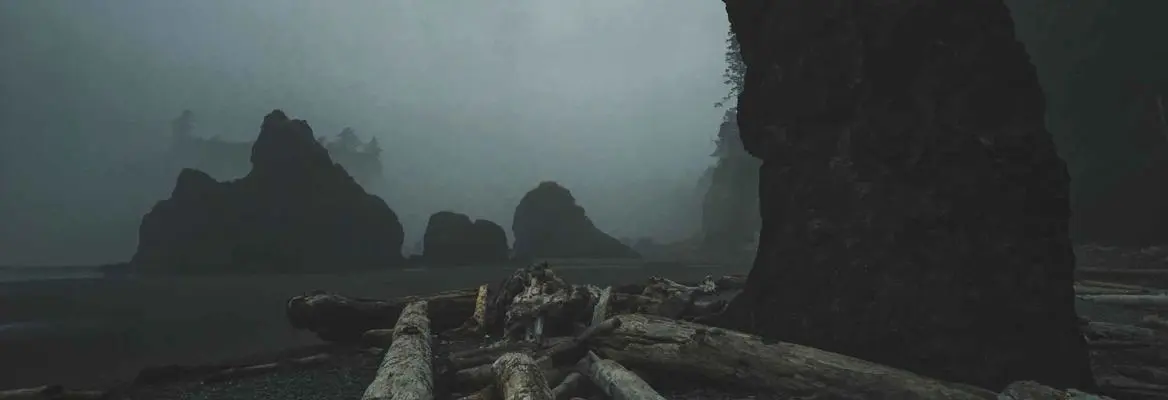

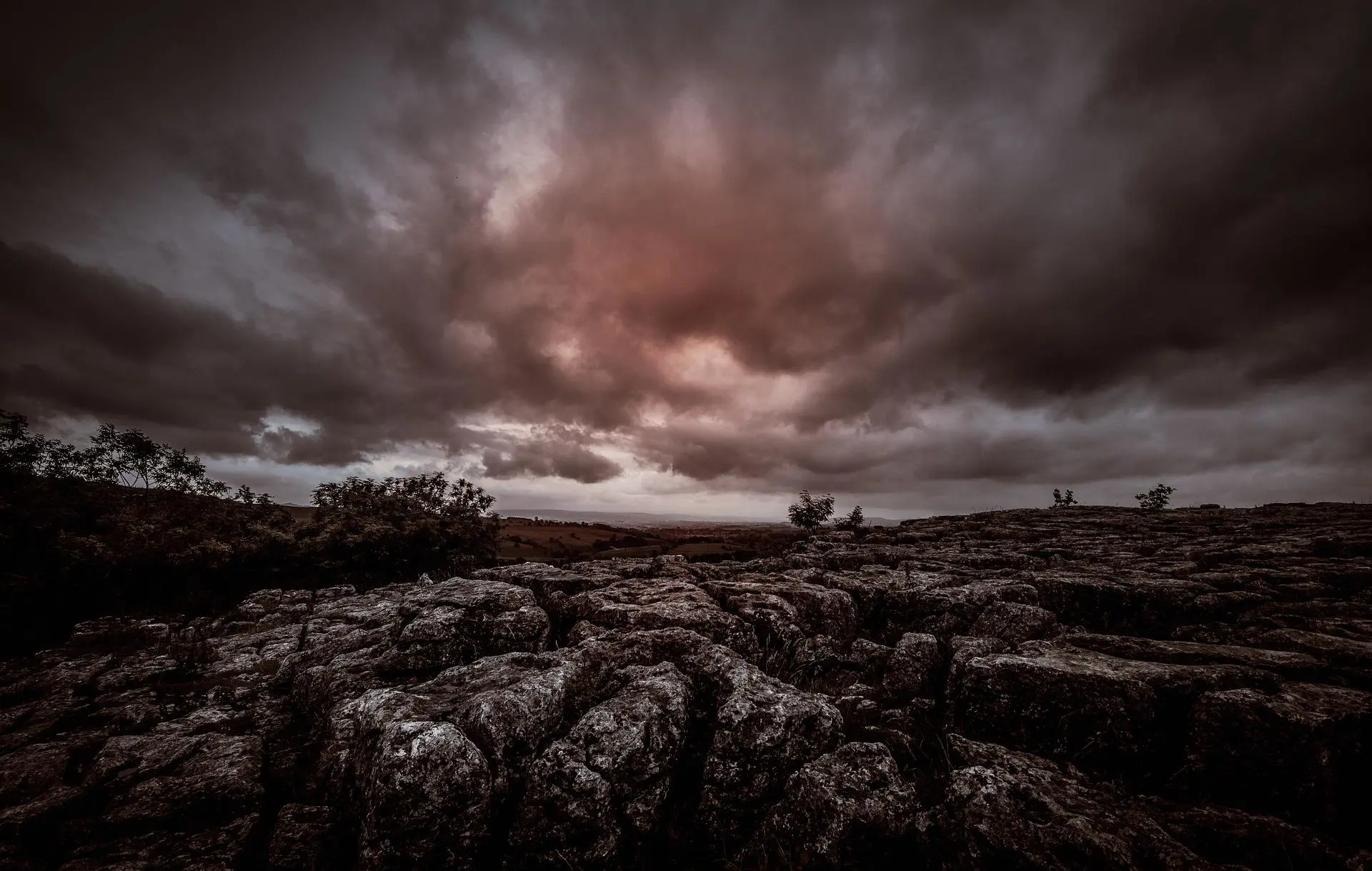






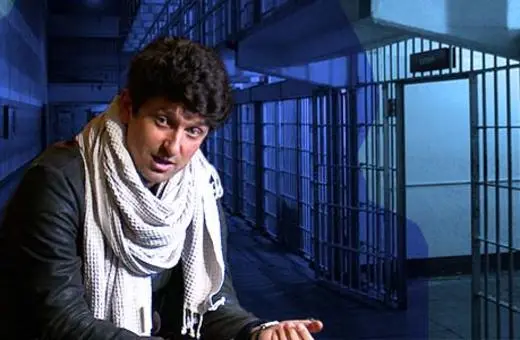
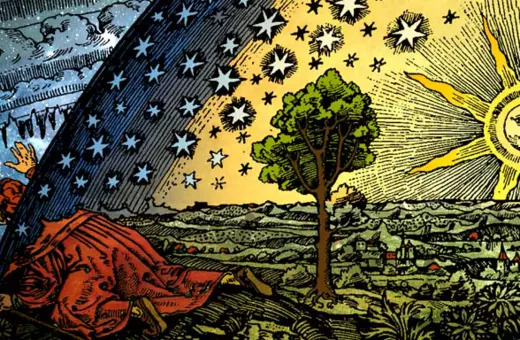
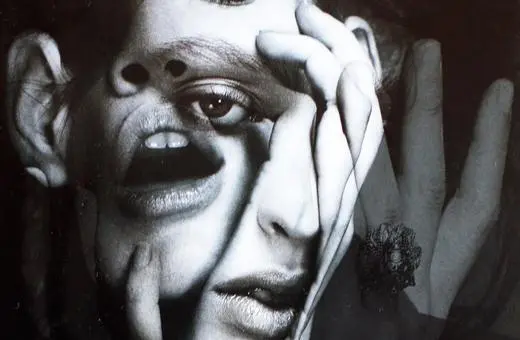



Join the conversation